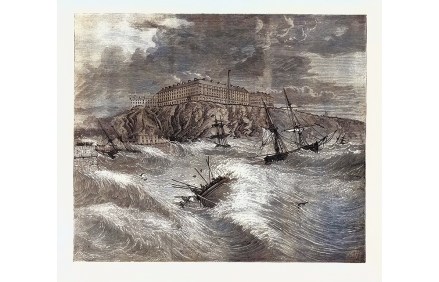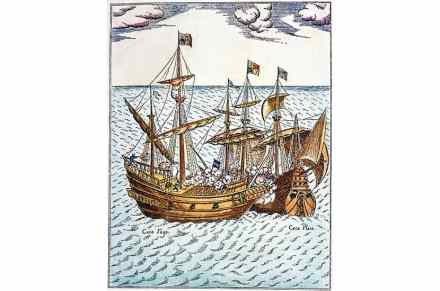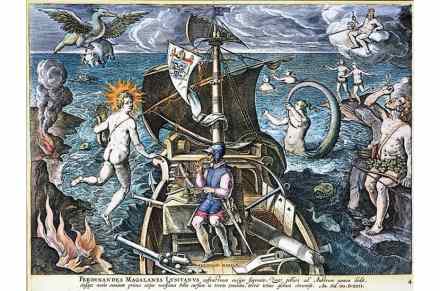Saviours of souls: the heroism of lifeboat crews
Our summer holidays by the sea were the thrill of the year and the lifeboat was the thrill the holidays. Whissh-crack! went the maroon, sending the dauntless crew and their punchy little vessel off into the waves to save souls. The Royal National Lifeboat Institution has been doing this for 200 years. Mariners and all of us must hope it never stops, because its story is the best of us. In One Crew, Helen Doe, a maritime historian, writes the official history with verve and precision. She explains that there were 39 lifeboats operating independently around the coast, ‘enjoying varying degrees of effectiveness’, before Sir William Hillary, a ‘bankrupt baron’




